Graduate Profiles
Ariel Resnick
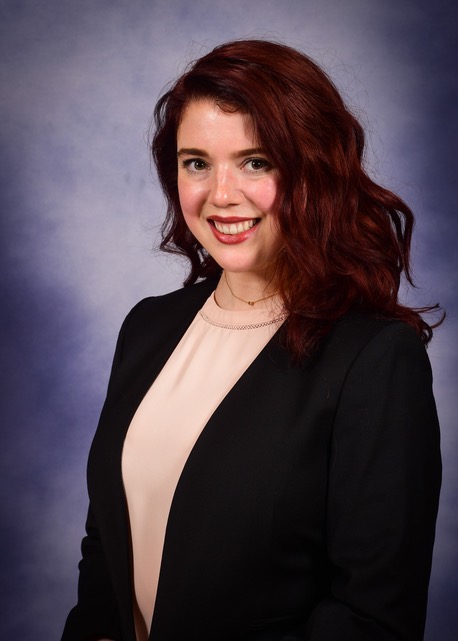
1.What was your degree in?
Major: Philosophy | Minor: Psychology
2. What were your favorite authors/subjects?
I particularly loved Aesthetics, Existentialism, and Queer Theory. I gravitated toward works by Foucault, Simone de Beauvoir, and Judith Butler.
3. What do you do now?
I will receive my Juris Doctor from the University of Tennessee College of Law in May 2020. Following my graduation, I will serve as a Judicial Clerk for Chancellors Fleenor and Atherton in Chattanooga.
4. How has the study of philosophy/religion helped you in your career and life?
My study of philosophy certainly prepared me for law school and my legal career. In law school, we read dense texts that require a lot of analytical thought and have some sort of moral or ethical component. Additionally, philosophy gave me an understanding of how to create logical arguments and made me a better writer in general. I felt more confident entering law school because of these skills.
Matthew Bashor
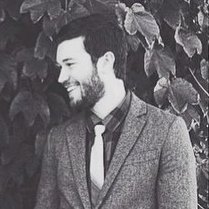
1.What was your degree in?
Major: Philosophy | Minor: Psychology
2. What were your favorite authors/subjects?
My favorite authors were David Hume and Friedrich Nietzsche, and my favorite subjects were Aesthetics, Logic, Post-Modernism and Philosophy of Mind.
3. What do you do now?
I currently work for Dennemeyer & Co. – an IP (intellectual property) company of about 400 employees worldwide with offices on four continents and ten time zones; I am, more specifically, working with Dennemeyer’s propriety IP software DIAMS iQ as an Implementation Specialist.
4. How has the study of philosophy/religion helped you in your career and life?
The study of philosophy provides a strong and diverse set of skills which are meaningful and useful in life as well as a career. In life, philosophy has personally helped me to understand, build and strengthen myself, while becoming more humble and empathetic to others. This growth in my personal life has definitely carried over into my interaction with those I work with as well, helping me to foster stronger relationships in the workplace. In addition, the skills I learned in the study of Logic made the transition to IT much easier than it would have been otherwise, and the level of my critical thinking and problem-solving, which was sharpened and honed in the study of philosophy, has helped me to stand out from my peers.
Spencer Cantrell
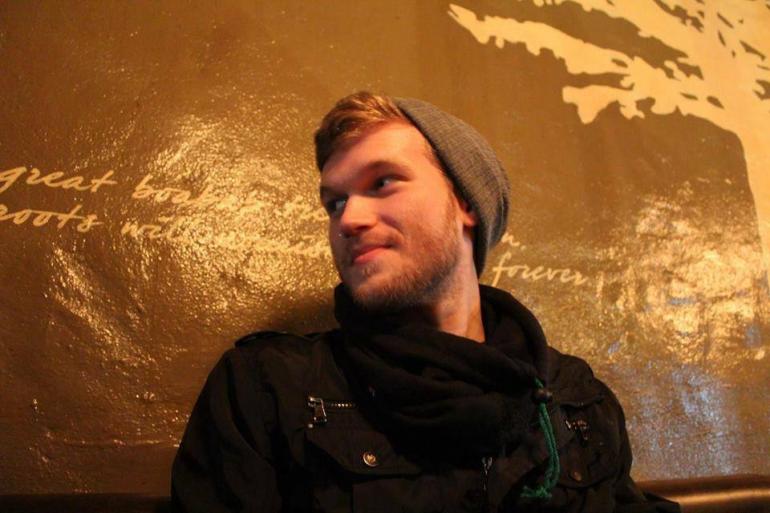
1. What was your degree in?
Major: Philosophy/Religion | Minor: Anthropology
2. What were your favorite authors/subjects?
I really gravitated to the Continental tradition in philosophy, especially Nietzsche, Husserl, Stein, Merleau-Ponty, de Beauvoir, Camus, Heidegger, Bataille, and Ricoeur. In religion, my favorite reading was in Kierkegaard, Dostoyevsky, Tillich, Heschel, Buber, and Rowan Williams, as well as Richard Kearney, Catherine Keller, and the 14th century English mystics. My favorite subjects were Phenomenology, Existentialism, Aesthetics, Linguistics, Philosophy of Religion, and Ancient Philosophy (particularly Plato).
3. What do you do now?
At present I live in New York City and am studying for a Master of Divinity (M.Div.) degree at the General Theological Seminary of the Episcopal Church. I am in the ordination process for priesthood, and currently work at a church in west Harlem which houses a homeless shelter for undocumented asylum seekers fleeing persecution (political, LGBTQ, etc.) by their respective countries of origin.
4. How has the study of philosophy/religion helped you in your career and life?
I have found that studying philosophy gave me a foundational set of tools to think through how I should engage with just about every aspect of my life and career. Being trained in philosophy and philosophical thinking -- wrestling with major questions about human life and flourishing, learning how to construct an argument well, gaining a deeper sense of the historic arc of Western thought -- has been crucial to my success in navigating my career interests, which include theology, but also branch significantly into law, politics, policy, and community organizing and development. I think my work in each stands out because it is always somehow grounded in philosophical inquiry.
Robert Dooley
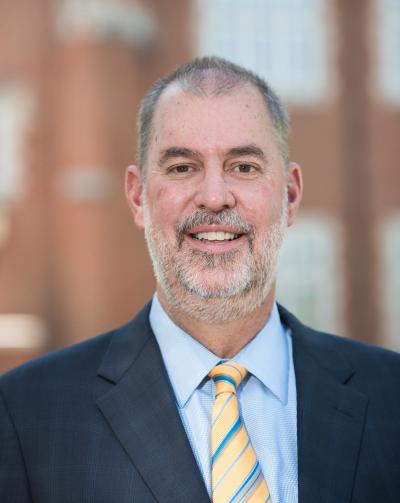
1. What was your degree in?
Philosophy
2. What were your favorite authors/subjects?
My favorite subjects were the psychology and philosophy of religion. In particular I remember Erich Fromm’s work fondly.
3. What do you do now?
I currently am the Dean of the College of Business here at UTC. After my degree in Philosophy here at UTC I worked and came back to finish an MBA at UTC and then completed my Ph.D. at UTK in Management and Strategy.
4. How has the study of philosophy/religion helped you in your career and life?
Thinking about things philosophically remains a key part of my approach to life and I think all students should take philosophy to help think about the complexities of our current social and political world in which they live.
Michael Holmes

1. What was your degree in?
Philosophy and religion with a minor in history
2. What were your favorite authors/subjects?
The development of ideas through history has always been an interesting subject to me, so consequently some of my favorite authors are Hegel and Nietzsche, as well as important ancient texts such as Plato.
3. What do you do now?
I'm currently working with plans to start law school next semester.
4. How has the study of philosophy/religion helped you in your career and life?
I think that philosophy and religion are the kind of subjects a person studies for their own sake, rather than for the hope that these subjects will directly benefit their careers. However, that is not to say there are very practical personal and career benefits to be had from studying philosophy, such as reading & writing skills, analytical thinking skills, and a broader perspective of people's worldviews. In addition, being able to talk about an interesting philosophical topic in a job interview or among co-workers is never a disadvantage in making you stand out in a positive way.
Austin Kippes
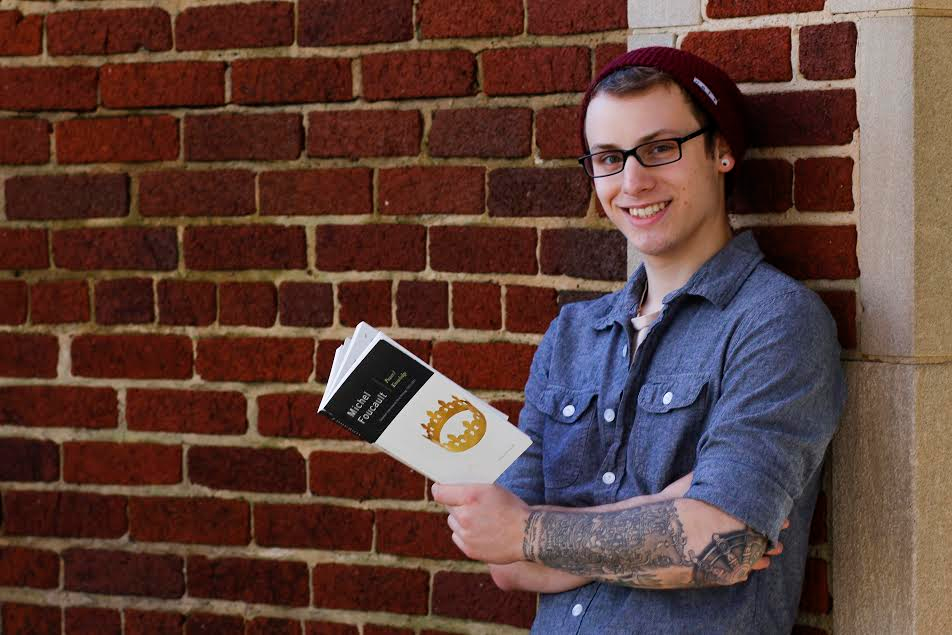
1. What was your degree in?
My degree was a BA double major in history and philosophy.
2. What were your favorite authors/subjects?
My favorite subjects/authors in philosophy would be, in no particular order, anarchism (all varying forms of it), Michel Foucault, post-structuralism, and Buddhism (all varying forms of it).
3. What do you do now?
I am currently a graduate student of philosophy in the M.A. program at Boston College and intend to reapply for the PhD program.
4. How has the study of philosophy/religion helped you in your career and life?
The study of philosophy is something that has helped me be more critical in aspects of my life in a way that is so beneficial it can't necessarily be quantified. Philosophy isn't a certain discipline or field that one takes part in - unlike other fields in the natural or social sciences. Philosophy encompasses all things and for this reason, perhaps most of all, philosophy has helped to make me a better person.
Colton Greganti

1. What was your degree in?
Major: Philosophy/ Major: English: Language & Literature
2. What were your favorite authors/subjects?
My favorite philosophical authors are primarily from the Continental tradition, so Albert Camus, Jacques Derrida, and Søren Kierkegaard are among my favorites. Existentialism was my first college philosophy course, and it really inspired me to dive deep into the study. Since then, philosophy of language, phenomenology, and philosophy of religion have become my favorite philosophical subjects.
3. What do you do now?
I am currently teaching English and debate at Gyeongbuk Foreign Language High School (경북외국어고등학교) in Gumi, South Korea. I still continue my studies in philosophy, and have hopes of attending a MA program at the Catholic University of Leuven in Belgium once I leave South Korea.
4. How has the study of philosophy helped you in your career and life?
I am aided by my philosophical studies in all that I do. From understanding logical argumentation and critical thinking, which assists me in my debate classroom, to knowing what it means to lead a genuine life without bad faith, philosophy is at the core of my being. Though I could list the numerous practical applications of philosophy, I feel that I only need say that it has made life more interesting, rich, and meaningful, and I am thankful for that every day.